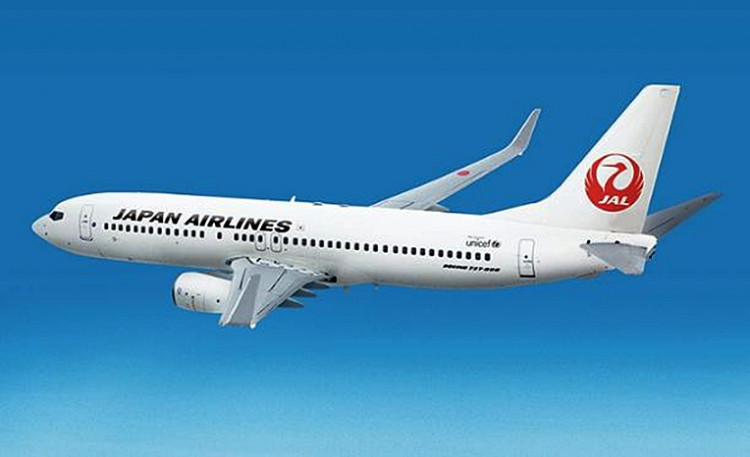China has again drawn the same line in the sand, asserting its One-China principle is non-negotiable amid an ongoing spat with U.S. airlines flying to China.
Beijing's reaffirmation of this decades-old policy comes at a time when the United States is unmistakeably cozying-up to the Republic of China (Taiwan), which China regards as a renegade province. Acceptance of the One-China principle is mandatory for foreign countries wanting to establish diplomatic ties with China, and applies to foreign firms doing business in China, as well.
China's Ministry of Foreign Affairs said the One-China principle is the political foundation of the China-U.S. relationship and is not negotiable. The reason for China's restating the principle is an ongoing row with the U.S. airlines that have so far refused to comply with China's order that no foreign airline flying to Taiwan should refer to Taiwan as a separate country in their public communications such as websites.
The Civil Aviation Authority of China revealed this order on April 25, and a number of foreign carriers such as Singapore Airlines, Japan Airlines, and Air Canada have already changed the description of Taiwan on their websites.
Air India's website recently changed Taiwan to "Chinese Taipei," joining airlines that have obeyed China's instruction to not identify Taiwan as a separate country. U.S. airlines refuse to do so.
In this latest scuffle, China rejected a U.S. request for negotiation on China's requirement for U.S. air carriers to change their identification of Taiwan.
"It is an objective fact, a common sense and a universal consensus of the international community that there is only one China in the world and Taiwan is a part of China's territory," said ministry spokesperson Lu Kang.
"The relevant notice issued by the Civil Aviation Administration of China (CAAC) reflects the consistent and firm position of the Chinese government on the one-China principle, and the relevant requirement is completely legal and reasonable," the spokesperson said.
He said China welcomes foreign enterprises to invest in China, but these foreign firms must respect China's sovereignty and territorial integrity and abide by China's laws.
"I would like to emphasize once again that the U.S. government should urge its relevant enterprises to abide by the one-China principle and rectify the sites as soon as possible," said Lu.
Washington has refused to budge and has instead pushed back. In May, White House spokesperson Sarah Huckabee Sanders described China's demands as "Orwellian nonsense and part of a growing trend by the Chinese Communist Party to impose its political views on American citizens and private companies."





